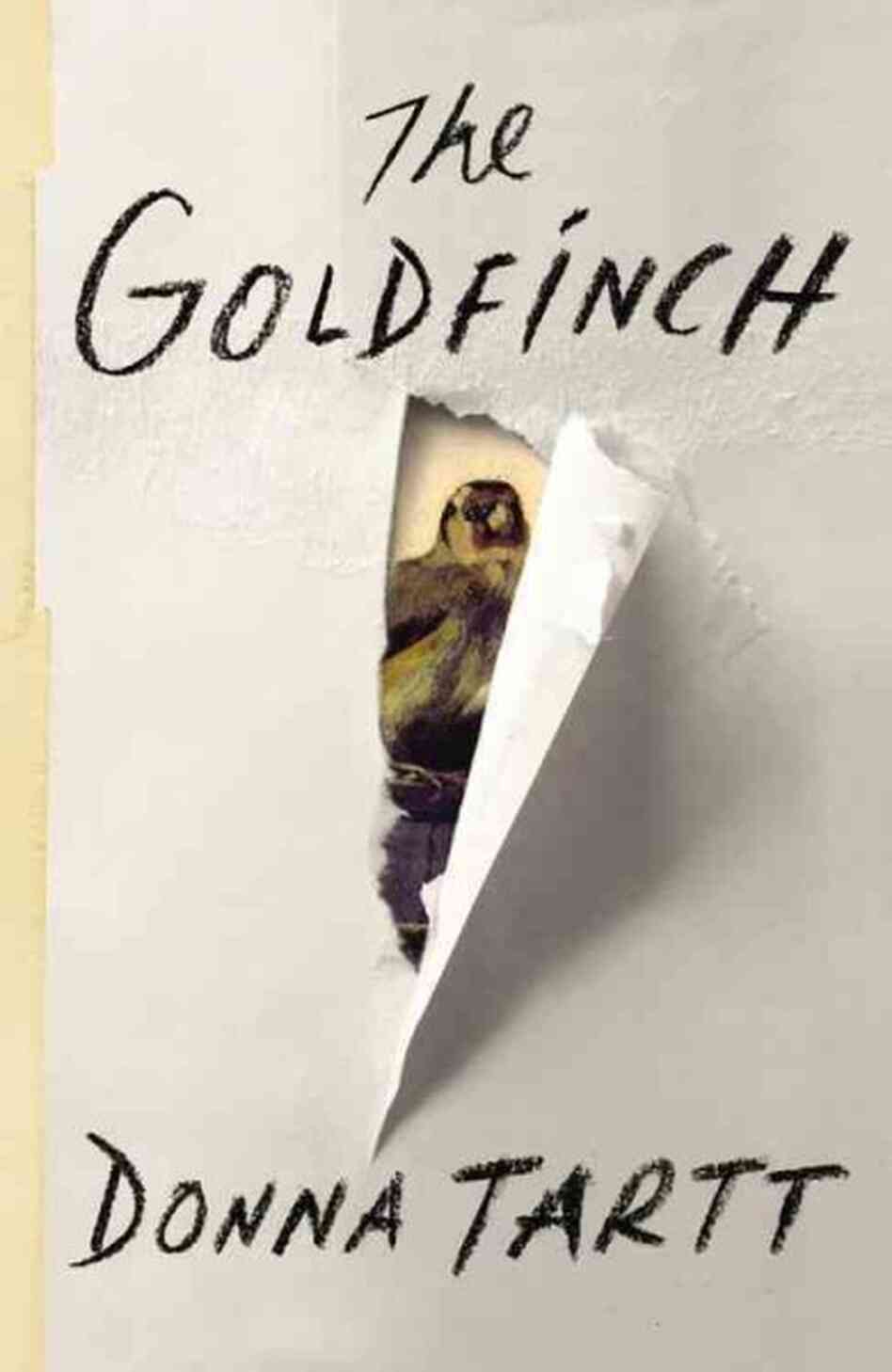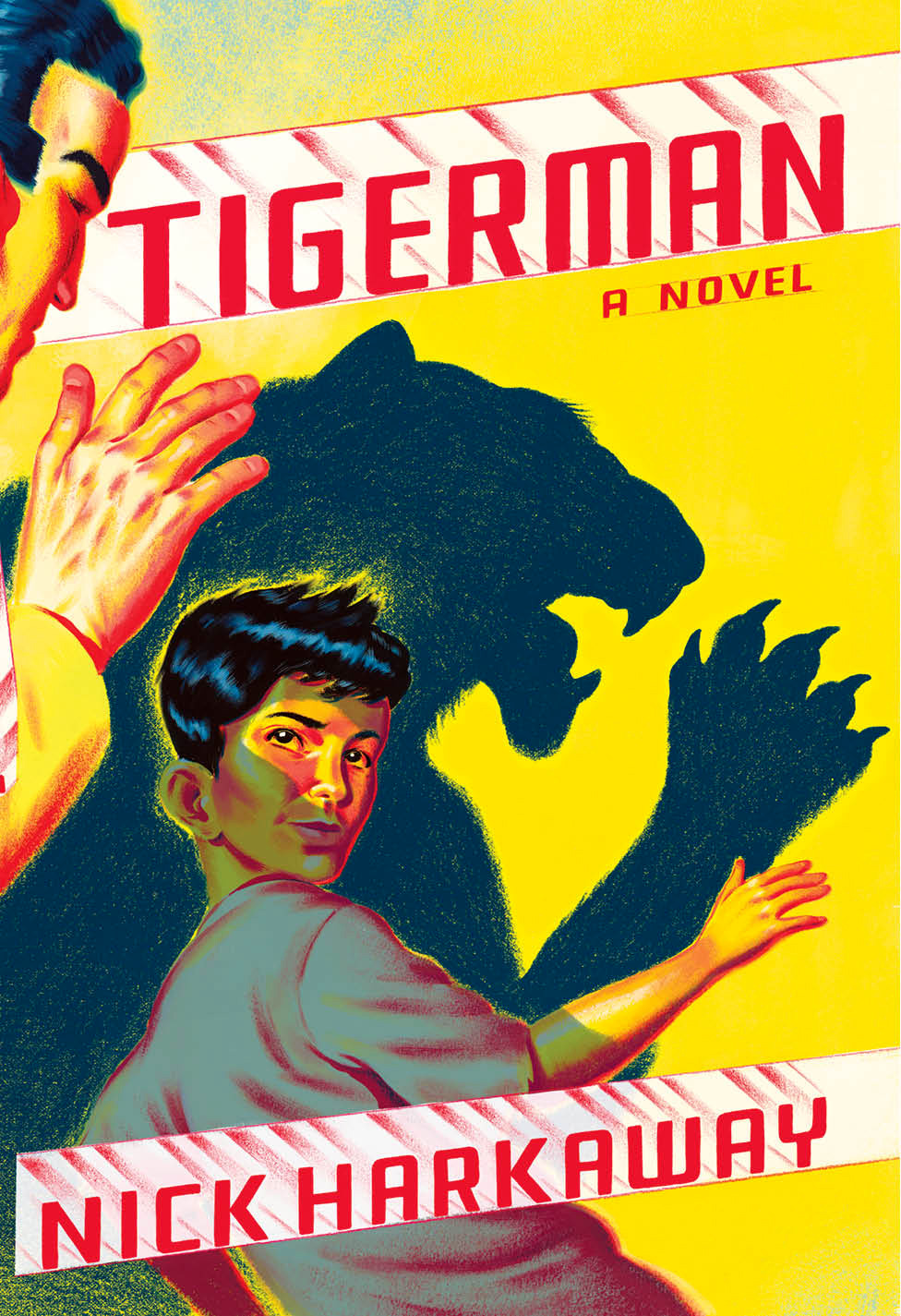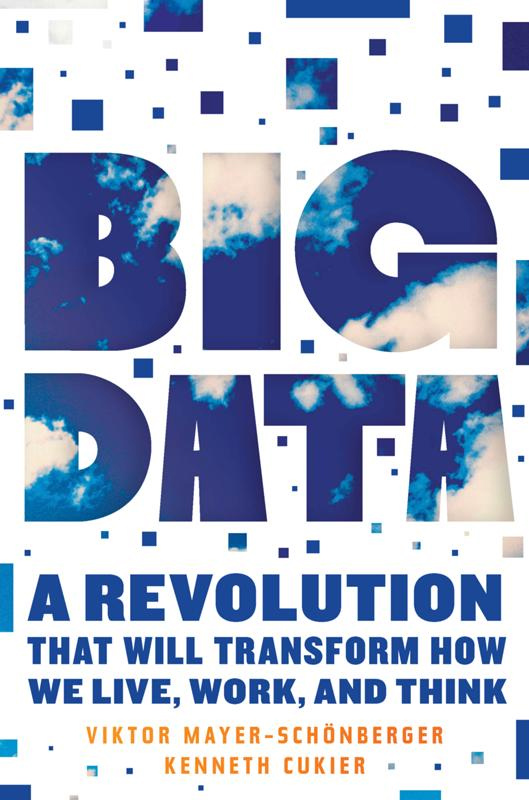I read four novels, two nonfiction books, and a novella this month, so it's a big field to choose from. I kind of liked doing the mini-reviews last month, so I'll do that again, culminating in the best of the lot. This makes for a long post, so skip to the
Moral Tribes review if you're in a hurry.
Big Data is a book I really wanted to like, but which fell short for me. I am fascinated by the promises and perils of Big Data, a new level of technology which allows us to do things like predict outbreaks of everything from flus to coups. It also erodes our privacy to the point where "privacy" may no longer exist. I have a hard time getting upset about that on a personal level but I think it's a societal concern, one that Aldous Huxley and George Orwell talk about in rather more interesting ways. The authors seem to worry quite a bit about Minority Report (pre-arresting people for crimes they haven't committed yet), a worry I think is a bit misplaced, at least relative to other potential bad uses of predictive technology. In the end, the book was just not edited all that well. Good ideas here and there, but too repetitive and not clearly organized enough.
Eleanor and Park is a YA novel that's received a heap of accolades, so I went into it with high expectations. That's never good, is it? It seemed like a standard YA to me; well-written, sweet romance, trouble brewing at home. The trouble here got darker than I was expecting, especially in contrast to the super-sweet and literally breathless romance between the main characters. ("I don't think I even breathe when we're not together," she whispered. "Which means, when I see you on Monday morning, it's been like sixty hours since I've taken a breath.") I don't mind "issue books" for teens, in fact I applaud them, but this issue kind of snuck up on me. My daughter (16) was not at all surprised, though, at the direction the book took, so perhaps I just wasn't paying attention. We agreed that the ending left us scratching our heads.
I had the same "meh" reaction to
Every Day is for the Thief, an utterly different kind of novel, but one that got similar high praise. I call it a "novel" because the author, Teju Cole, calls it that. But it's not really a novel. It's kind of a memoir/travelogue/essay collection hybrid, very lightly fictionalized. There's no plot and no characterization; it's mostly a meditation on Lagos, Nigeria. It's a great meditation on that city, and perhaps if I had been expecting that, I'd have loved it. But I was promised a novel and I wanted a novel, dadgummit.
Moving now to novels I did enjoy, we have
On Such a Full Sea, which I appreciated in spite of the fact that I read it while sick with a stomach virus. (So that says something.) This is Chang-Rae Lee's latest literary effort, in which he takes us into the realm of speculative fiction. Specifically, dystopia. The protagonist, a teenage girl named Fan, is born in a future version of Baltimore. B-More is now a working-class enclave which exists solely to produce fresh food for the 1%, who live in much nicer gated enclaves. You could compare it to the movie Elysium, but it's a much subtler jab at class inequality than that overwrought story. What I liked about it was not the social commentary, which isn't especially fresh, but the weird fairy-tale like quality of the narrative.
As I said elsewhere, it's like an adventure story for grown-ups.

I finally took a breath and dove into
The Goldfinch, Donna Tartt's doorstopper of a novel. It just won the Pulitzer Prize (like, a few days ago) and was also shortlisted for 2013's National Book Critics Circle Award, so go Donna! As with Chang-Rae Lee's novel, this was a coming-of-age story and chock full of adventure. Our hero, young Theo, goes through a delightfully Dickensian childhood full of misery and joy, hijinks and heartbreak ... just one damn thing after another. I adored the thrill ride, implausible as some of it was, but the ending was terrible. OK, so you know dramatic structure has five parts — exposition, rising action, climax, falling action, denouement? It was all good until the denouement. When you get to that part, do yourself a favor and just stop reading. Because 90% of the book was excellent, I still recommend it. The ending doesn't kill the book, it's just boring.
One unexpected literary treat was a little sci-fi novella called "Houston, Houston, Do You Read," by Alice Sheldon, who died a while ago and wrote under the pen name of James Tiptree, Jr. It's basically about a space matriarchy encountering an astronaut crew who have the social attitudes you'd expect of the '60s: think James T. Kirk, but less gallant. Some interesting gender speculation from a woman ahead of her time. Star Trek fans (and other humanist-leaning sci-fi fans) would probably enjoy her most popular story collection, titled "Her Smoke Rose Up Forever."
Which brings me finally (whew!) to the best book I read in all of April, a nonfiction book on modern moral controversies, called Moral Tribes: Emotion, Reason, and the Gap Between Us and Them, by philosopher-scientist Joshua Greene. It follows closely on the heels of three other social-science screeds it cites heavily: Jonathan Haidt's The Righteous Mind: Why Good People Are Divided by Politics and Religion, Daniel Kahneman's Thinking, Fast & Slow, and Steven Pinker's The Better Angels of Our Nature: Why Violence Has Declined, all of which I've read and highly recommend.

Greene's main assertion is that our moral instincts are pretty good at keeping us in line when it comes to questions of Me vs. Us, but are remarkably bad at handing conflict between Us and Them. Your brain (if it's healthy) has built in measures to stop you from cheating on your taxes or your spouse, from killing or wantonly hurting people, and from being a bastard generally. This old, evolved part of your brain encourages you to cooperate with members of your tribe, because when your tribe is harmonious, you are better able to defend yourself against Them. It doesn't always work, which is why we still have bastards, but it works pretty well most of the time. What our moral instincts don't give us, however, is an easy way to cooperate among tribes. We can put Us before Me, and stop being selfish, but we have a much harder time with Us vs. Them. All our instincts tell us, when there's a conflict between tribes, to kick the other tribe's ass. (A "tribe" here is any group with which you share a team spirit of some kind and to which you are loyal: liberals, conservatives, Palestinians, Jews, Packers, Giants, etc.) You are likely to remain ideologically loyal to your team even when your team is demonstrably, scientifically, clearly wrong in some way, and you are likely to see the a conflicting team as an enemy even when they are right about something. Loyalty trumps reason.
But reason can be re-engaged by putting the brain in manual mode, he says. In Kahneman's book (Thinking, Fast & Slow) we learn about the brain's two modes: a fast, instinctual one, full of gut reactions; and a slow, deliberative, logical mode. Greene offers the analogy of a camera to help us: the brain is usually in automatic mode, and quickly and efficiently speeds along, using factory presettings that work pretty well most of the time. Manual mode is best when we need to slow down, focus, and proceed with care. You can feel your brain cranking into this mode when you recognize that you're holding two logically incompatible views on something, especially a question of morality. Greene offers up a ton of thought experiments to put you in this awkward position, and sure enough, I could feel my head literally heating up as I churned through these problems and thought hard about my responses. I even know all about the trolley problem and utilitarianism — two ideas Greene relies heavily on in this book — and I still found myself struggling through some of these ideas and moral quandaries.
Greene's goal is to find a moral common currency that we can all turn to when dealing with matters of controversy. When our tribe believes something different than the other tribe, we tend to assume our moral instincts are correct and if the other tribe would just stop being so stupid, they'd see it too. Greene calls this "The Tragedy of Commonsense Morality." But of course, what your God (or political party, or scientific understanding) tells you to do is not something the other tribe recognizes as a legitimate moral standpoint: that's why the issue you're arguing about is a controversy. If you can agree on some kind of moral framework, then you might be able to get somewhere. The moral framework Greene offers up is utilitarianism, a philosophy created by John Stuart Mill and Jeremy Bentham in the 19th century. Even if people don't like utilitarianism, they understand it; it makes a certain kind of sense to every tribe on the planet. That's not just an assertion, but has been borne out by investigation. The basic idea is that whatever works to maximize happiness ("utility") for the greatest number of people is the best thing to do. Greene is fully aware of the objections to utilitarianism and spends a lot of time parrying them.
I thought this section was pretty interesting, though heavy-going; non-philosophy-nerds may find this part tedious. If so, it would still be worth reading the first few chapters and the last few, especially 11 and 12, where he ties it all together and makes recommendations on how to proceed.
At the end, Greene has six rules to help us get out of our moral morass. 1. "In the face of moral controversy, consult, but do not trust, your moral instincts." Those instincts evolved to help us with the problem of Me vs. Us (the tragedy of the commons), but don't work so well to help us overcome Us vs. Them. 2. "Rights are not for making arguments; they're for ending arguments." Most moral questions come down to rights and duties. Right to life, right to choose, right to keep all the money you make, right to live free of poverty and disease, etc. Nobody is going to be convinced by a rights-based argument because such arguments simply beg the moral questions being asked. So skip 'em in most cases. 3. "Focus on the facts, and make others do the same." This was one of the most practical tips, I thought. When arguing with someone over a moral controversy, just ask them the mechanics of how the thing in question works. How does single-payer health care work? How does a carbon tax work? How do GMOs work? When exactly does ensoulment happen? People often have strong opinions about things they don't actually understand. When confronted with how little they know, their position tends to become more moderate. 4. "Beware of biased fairness." We all agree that fairness is a virtue, but even when we're fully committed to this idea, we're a little more likely to favor the "fairness" that suits us best. For this reason, be skeptical of your own assessment of what's fair. 5. "Use common currency." We all understand the Golden Rule and that suffering is generally to be avoided and happiness to be maximized. We understand that objective evidence is more convincing than subjective emotional feeling. Appeal to this common currency when approaching a moral controversy. 6. "Give." Would you walk by a drowning child and ignore her because your $500 suit* would be ruined if you got wet? Of course not. So why "walk by" a starving child in some faraway place rather than sending her a $500 donation through Oxfam? A few hundred dollars probably won't make a huge difference in your life, but it can make a world of difference to a child impacted by conflict in Sudan.
(*substitute $50 shoes if that works better)
I'll close with the closing quote from the book:
Immanuel Kant marveled at the "starry heavens above" and the "moral law within." It's a lovely sentiment, but one that I cannot wholeheartedly share. We are marvelous in many ways, but the moral laws within us are a mixed blessing. More marvelous, to me, is our ability to question the laws written in our hearts and replace them with something better. The natural world is full of cooperation, from tiny cells to packs of wolves. But all of this teamwork, however impressive, evolved for the amoral purpose of successful competition. And yet somehow we, with our overgrown primate brains, can grasp the abstract principles behind nature's machines and make them our own. On these pastures, something new is growing under the sun: a global tribe that looks out for its members, not to gain advantage over others, but simply because it's good.
Please be sure to visit all the Coffeehouse reviews here:






